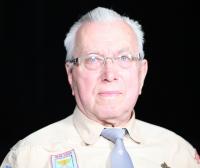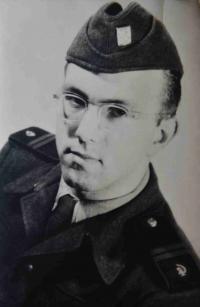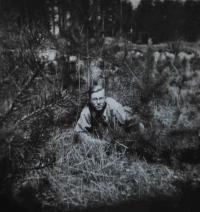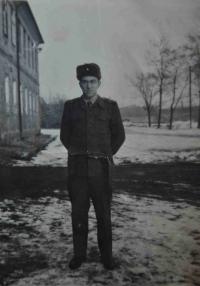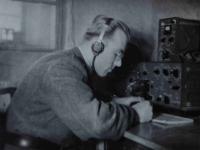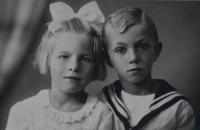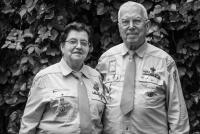We never thought this could be for a short while only
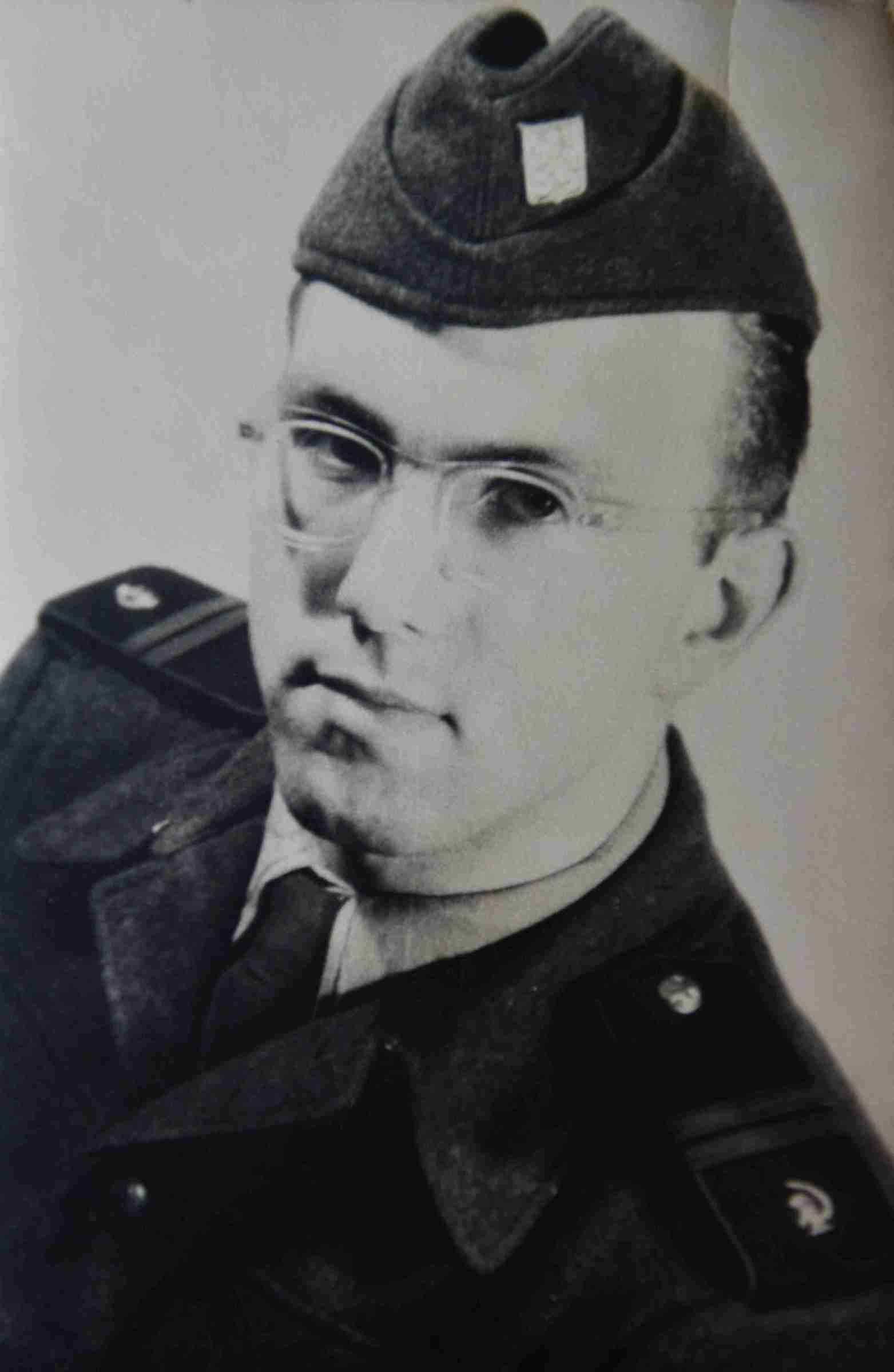
Download image
Svatopluk Čech was born on March 24, 1935, in Olomouc. He spent most of his life in Kroměříž and with his mother’s family in nearby Zborovice. His father was a barber and mother helped on the family farm. In May 1945 the ten-year old Svatopluk joined as a ten-year old the Third Junák (Boy Scout) organisation. Under the leadership of Miloš Janoušek and Viktor Olszewski he was a member of the organisation until 1950, when Junák was officially dissolved. After the ban on private business, his father was no longer allowed to work as a barber. He then commuted over a hundred kilometres to work in a glassworks in Rapotín. Svatopluk Čech, due to his bourgeois origin, was allowed to train only as an apprentice. He thus trained as electro-technician and later, thanks to his excellence at school, he was chosen as a labour cadre for the study at the secondary school in Mohelnice. On graduation he worked in Zbrojovka Vsetín. He served his military service with the Auxiliary Technical Battalion in Komárno. During his military service he met his wife-to-be. After his military service they married and lived together in Kroměříž, where he worked in the Pal Magneton company. Since 1958 he was a radio amateur, an activity he practiced as his hobby. At night August 21, 1968, he caught the broadcast of his colleagues, in which he learned that the Soviet Pact armies crossed the Czechoslovak border. Since the 1960s he was employed as an instructor in the Svazarm (Army Association). In 1968 he renewed, as the leader, the third Boy Scout unit in Kroměříž. After the reasserted ban in 1970 he transferred children under Svazarm, where they stayed in an unchanged mode. Since 1989 he has continued in his Boy Scout activities.
